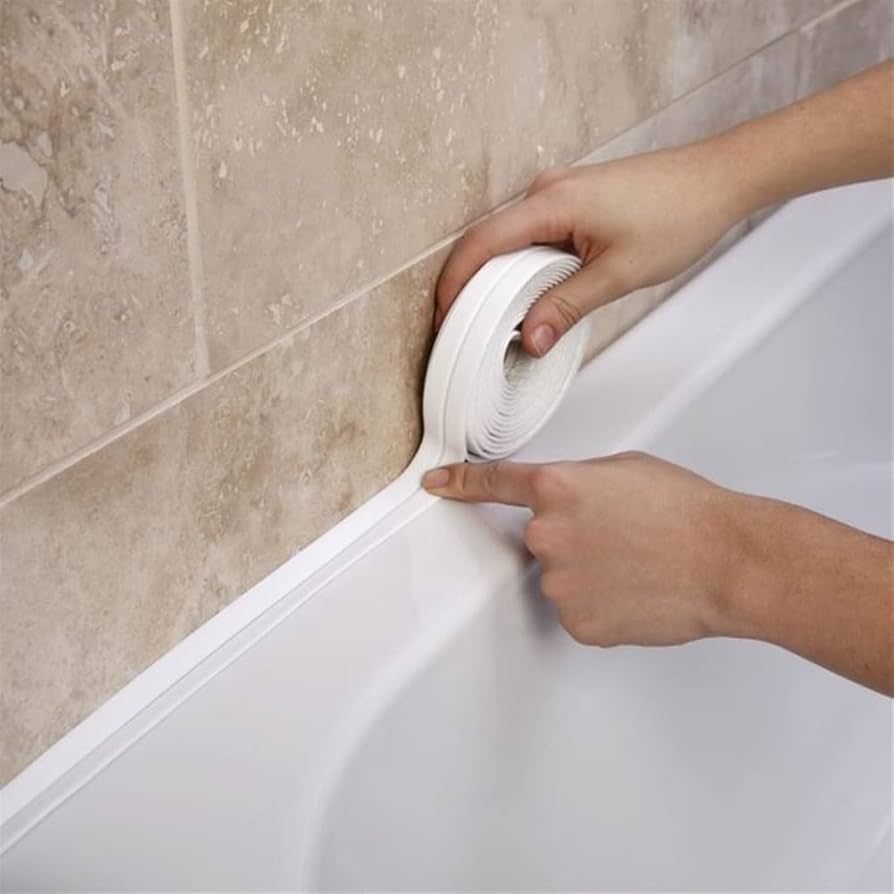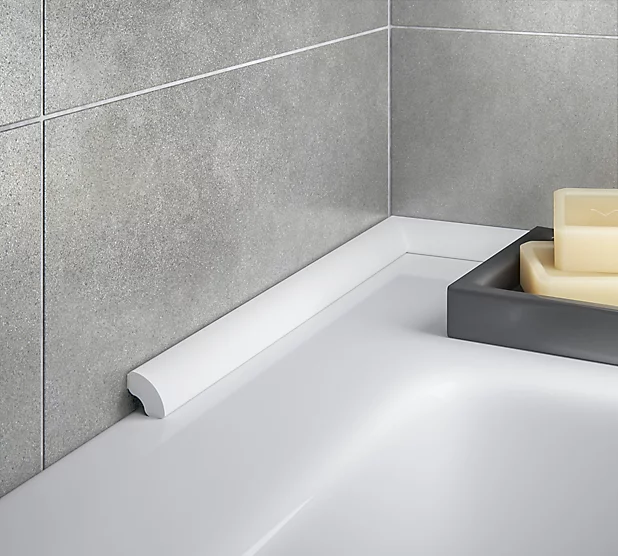- 01392 920142
- 07712398696
- info@exebathrooms.co.uk
- Unit 1, Rosamond Farm, Perkin's Village, Exeter EX5 2JG
As the temperature drops and winter sets in, it’s essential to ensure every corner of your home is prepared to handle the cold, including your bathroom. While it might not seem like a priority, neglecting your bathroom during the colder months can lead to discomfort, inefficiency, and costly repairs. Winter-proofing your bathroom ensures a warm, functional, and energy-efficient space to keep you comfortable all season long.
In this guide, we’ll walk you through practical tips to protect your bathroom from winter’s chill.

Bathrooms often harbour hidden draughts that let cold air in, making the space feel frosty. Pay attention to windows, doors, and ventilation gaps. Even extractor fans can become an entry point for cold air.
Combat draughts by sealing gaps with weatherproof tape or silicone sealants. Add thermal blinds or curtains to windows for extra insulation. If your bathroom door doesn’t close tightly, consider installing a draught excluder.
Frozen pipes are not just inconvenient—they can burst and cause severe water damage. Bathrooms with uninsulated or exposed pipes are particularly vulnerable during freezing temperatures.
Heating is vital for a warm bathroom in winter. Consider upgrading to heated towel rails or underfloor heating systems. These modern solutions provide consistent warmth while being energy-efficient.
If you rely on radiators, bleed them to remove trapped air and optimise performance. Clean vents and heating elements to ensure efficient heat distribution.
Portable heaters can offer temporary warmth but must be used safely. Keep them away from water sources and ensure they have adequate ventilation.
Winter often brings increased humidity due to steamy showers and less natural ventilation. This creates the perfect environment for mould and mildew to thrive.
Use extractor fans during and after showers to reduce moisture. Dehumidifiers or moisture absorbers can also help maintain a dry environment. Regularly clean bathroom surfaces with anti-mould sprays to prevent build-up.

Damaged grout or silicone seals can allow water to seep through, causing damp and damage. Inspect these areas regularly for cracks or discolouration and reseal as necessary.
Apply waterproof coatings to tiles and walls to create an extra layer of defence. Consider repainting walls with specialist bathroom paint designed to resist moisture.
Small leaks can waste water and increase your energy bills. Inspect taps and showerheads regularly and fix any drips with replacement washers or professional repairs.
In hard water areas, limescale can accumulate quickly during winter. Clean fixtures with descaling products and consider installing a water softener to reduce mineral build-up.
Implementing these habits might seem minor, but collectively they can substantially reduce water and energy consumption without hefty investments. The beauty lies in their simplicity; they integrate seamlessly into your everyday life and create lasting positive impacts on the environment.
Many homeowners have discovered through experience that these small changes assist in protecting our planet while leading to noticeable reductions in utility bills. A few simple shifts can foster an environment conducive to sustainable living while fostering a sense of accomplishment in contributing to a greener future.
Ultimately, by adopting these green habits, you not only enhance your bathroom’s efficiency but also take meaningful steps towards a more sustainable lifestyle overall.
Transform your bathroom into a winter retreat with warm rugs, plush anti-slip mats, and heated toilet seats. These small additions can make a big difference on cold mornings.
Incorporate smart features like programmable thermostats for heating or demisting mirrors. These innovations combine convenience with comfort, keeping your bathroom cosy and fog-free.
Keep a plunger, pipe wrench, and sealant handy for quick fixes. These tools can save you time and money during minor plumbing emergencies.
Despite your best efforts, winter issues can still arise. Have the contact details of a reliable plumber and electrician to hand for swift professional assistance.
Lowering energy usage doesn’t mean sacrificing comfort. Optimise water heating settings and install low-flow showerheads to conserve hot water.
For a sustainable approach, consider renewable energy options like solar water heaters. Energy-efficient appliances can also help reduce your carbon footprint while keeping your bathroom warm.
Winter-proofing your bathroom is an essential part of seasonal home maintenance. From insulating pipes to upgrading heating systems, these proactive steps can save you from costly repairs and create a comfortable, efficient space for your daily routine. By tackling draughts, moisture, and heating issues head-on, you can enjoy a warm, cosy bathroom all winter long.

EXE Bathrooms specialises in designing and installing stunning, custom bathrooms across Exeter and Devon. We offer a complete service from design to supply and installation, ensuring a seamless process and exceptional results.